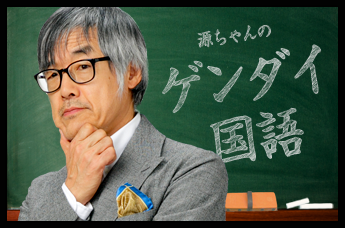A few interesting Japanese expressions about food
It’s pretty well known that the Japanese are very particular about food, which reflects on everything from cleanliness in restaurants, the difficult training required to become a chef in a restaurant, and of course the taste itself of the food. After all, the fifth basic taste, umami or savory, was discovered partially with the help of… Read More »
